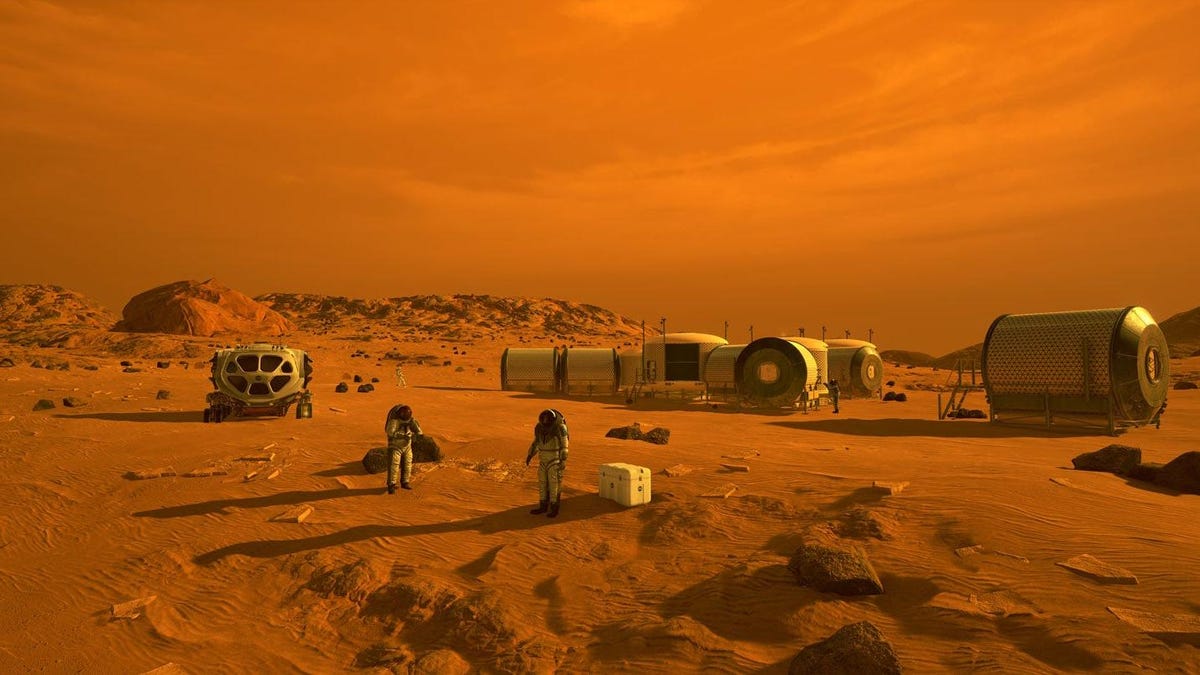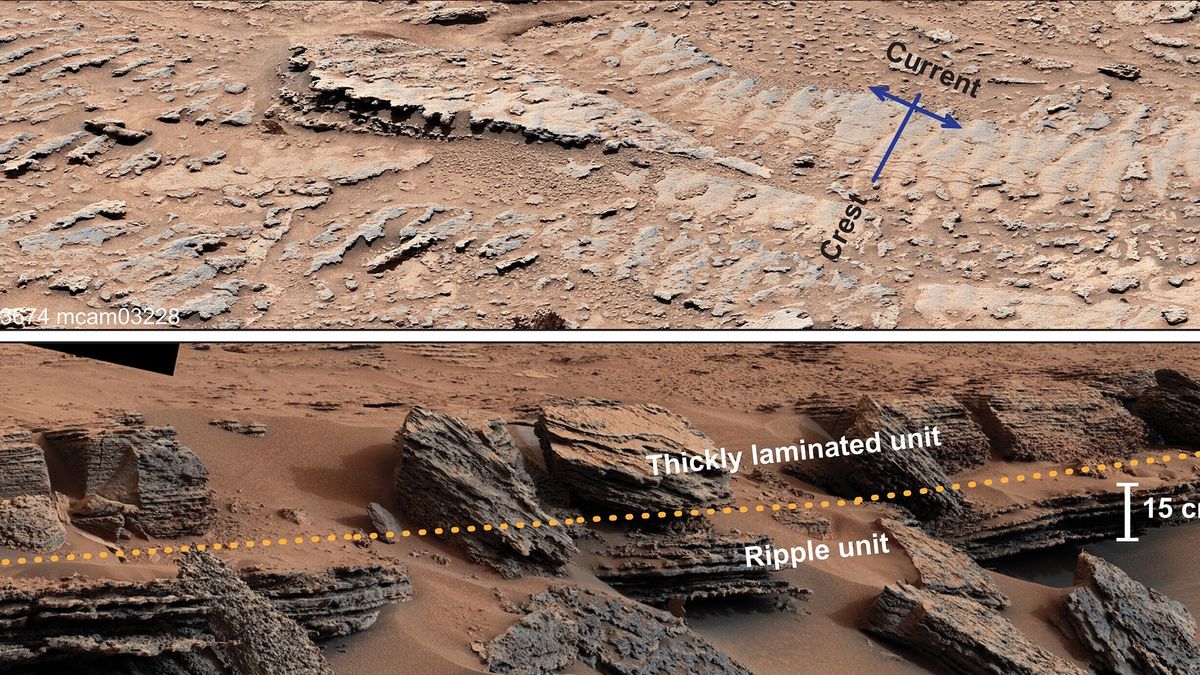Get the latest tech news
Have we been wrong about why Mars is red?
The Red Planet’s iconic rusty dust has a much wetter history than previously assumed, find scientists combining European Space Agency (ESA) and NASA spacecraft data with new laboratory experiments on replica Mars dust. The results suggest that Mars rusted early in the planet’s ancient past, when liquid water was more widespread.
Mars mosaic in colour Over billions of years this rusty material – iron oxide – has been broken down into dust and spread all around the planet by winds, a process that continues today. Researchers had therefore concluded that this particular type of iron oxide must be hematite, formed under dry surface conditions through reactions with the martian atmosphere over billions of years – after Mars’s early wet period. Other studies have also suggested ferrihydrite might be present in martian dust, but Adomas and colleagues have provided the first comprehensive proof through the unique combination of space mission data and novel laboratory experiments.
Or read this on Hacker News
